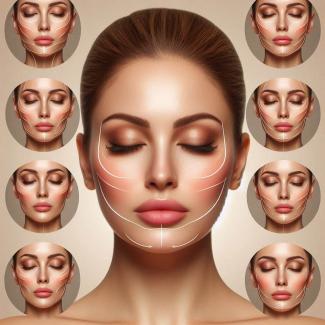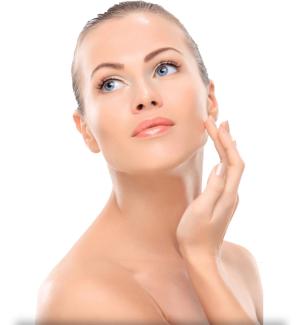
Retinoids are a class of compounds that are related to vitamin A. They are known for their ability to stimulate the growth of new skin cells and increase collagen production. Retinoids can be obtained from both dietary sources and through topical or oral medications. Here's where you can find them:
- Dietary Sources: You can find retinoids in certain foods, primarily in the form of provitamin A carotenoids, such as beta-carotene. These can be converted into active retinoids in the body. Foods high in carotenoids include carrots, sweet potatoes, butternut squash, spinach, kale, and other leafy green vegetables, and apricots. While these foods can support overall skin health and provide some retinoid-like benefits, they are generally not as potent as prescription or over-the-counter retinoid products.
- Topical Retinoid Products: Over-the-counter (OTC) and prescription topical retinoid products are readily available at most drugstores or through a healthcare provider. Common OTC retinoid products contain milder forms of retinoids like retinol, while prescription products may contain stronger forms such as tretinoin, adapalene, or tazarotene. These products are used for various skin concerns like acne, fine lines, and photoaging.
- Oral Retinoid Medications: In some cases, oral retinoids are prescribed by dermatologists to treat severe skin conditions like acne. Isotretinoin is one example of an oral retinoid medication commonly used for acne treatment. These medications are usually only available with a prescription and come with potential side effects and monitoring requirements.
It's important to note that retinoids can be powerful and may cause skin sensitivity, dryness, and irritation, especially when you first start using them. It's recommended to use them under the guidance of a dermatologist or healthcare professional, especially if you are considering prescription-strength retinoids.
Additionally, a balanced diet with a variety of nutrient-rich foods can contribute to overall skin health, but dietary sources of retinoids alone may not provide the same targeted effects as topical or oral retinoid treatments for specific skin concerns.






